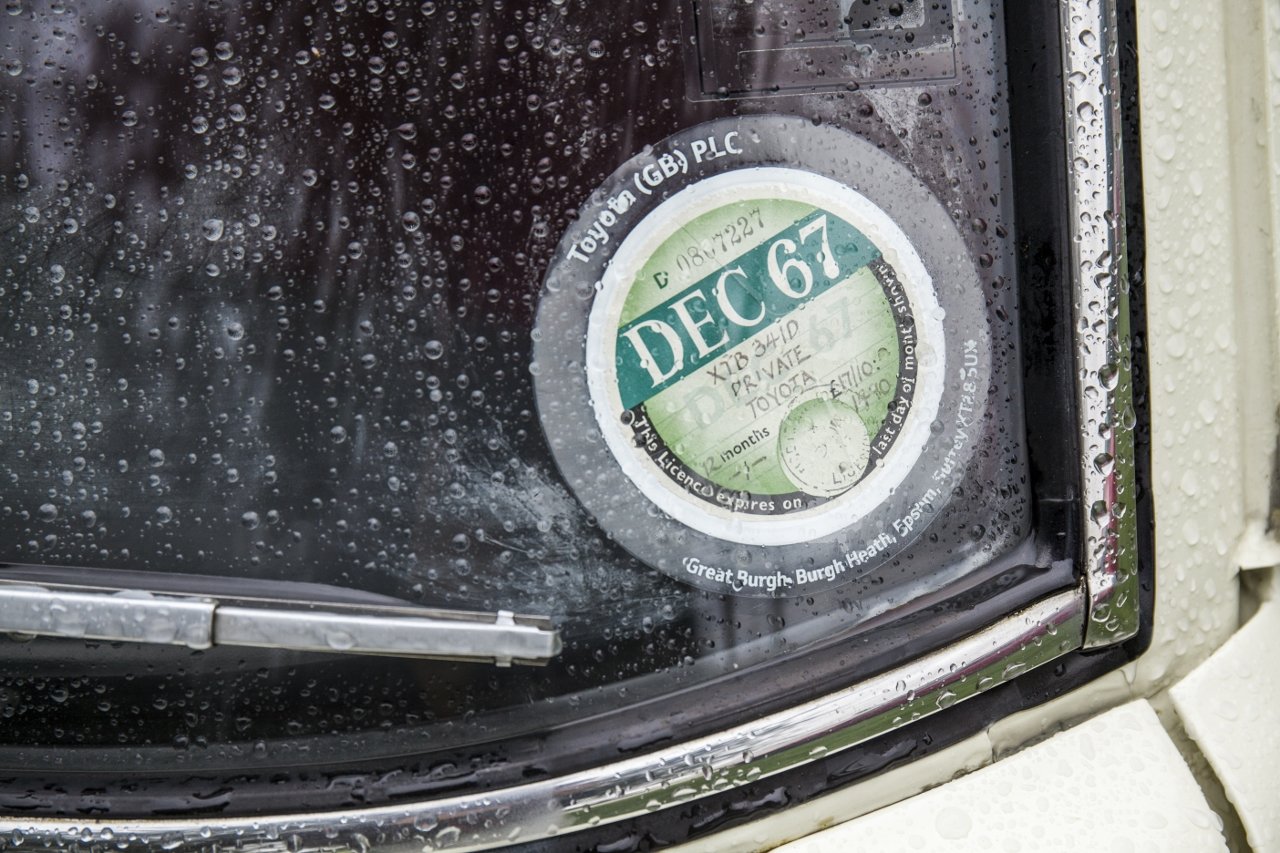There have been a couple of significant changes to Vehicle Excise Duty (VED), or road tax, in recent years. In 2014, the tax disc was scrapped, then, from April 2017, the new vehicle tax rates and emissions-based tax bands were overhauled, adding to the cost of new car ownership for the majority of buyers.
The rules still require VED to be paid in advance either in monthly payments, once every six months, or annually. But as of 2014, the way unused tax is refunded changed.
Car Tax Refund: How to Claim to Get Your Money Back
- Can I Transfer Road Tax from One Car to Another?
- The Double Sting
- Applying For a Road Tax Refund
- How Long Does a Road Tax Refund Take to Arrive?

Can I Transfer Road Tax from One Car to Another?
No, it is not possible to transfer road tax from one car to another. The Driver and Vehicle Licensing Agency or DVLA (the Swansea-based government body responsible for driver and vehicle details) switched from using paper discs to an online tax payment system in 2014, and simultaneously removed the ability to transfer tax between different owners of the same car.
Instead, whoever is selling the car can apply for a tax rebate. At the same time, the new owner must go online to purchase VED for the car from the Gov.uk website.
What hasn’t changed is, when it comes to tax, the DVLA still deals only in full months. If, for example, your tax is due to expire at the end of June and you sell the car on April 15, you will receive a refund cheque only for the unused months of May and June.
The Double Sting
What really stings about this scenario is that the DVLA applies the same full-month principle to those buying VED as well. The buyer of our car on April 15, therefore, would need to pay from the beginning of April.
What this means is that for the entire month of April, one car has effectively been taxed twice: once by the seller for what is now their old car, and again by the new owner. Great for government finances, but not so good for the motorist.

Applying For a Road Tax Refund
While the system might seem a little unfair, at least getting a DVLA tax refund is relatively painless. When the DVLA receives either the car’s V5C registration form (logbook), or in the case of a car being scrapped, a Certificate of Destruction, the process will begin automatically. A VED refund will be given in the following cases:
- The car has a new keeper
- The car is registered with a Statutory Off-Road Notification (SORN) to indicate it has been taken off the road
- The car has been exported
- Your car insurance company has written off the car or it is scrapped
- The car is registered as tax exempt, such as becoming a classic at 40 years old
In any of the above instances, the DVLA will send a cheque with the amount to be refunded to the registered keeper and address listed on the car’s V5C logbook. In addition, if you pay for your VED by monthly direct debit payments, the DVLA will order a direct debit cancellation to ensure no further money is taken from your bank account.
It’s also worth remembering that the DVLA will issue refunds only from the date it receives the above information, not the date on which the sale occurred. Plus, as an added incentive not to sit on any paperwork, you can fined up to £1,000 for not notifying the DVLA of the car’s change of ownership, and you could be liable for any speeding or parking fines picked up by the car’s new owner.
Any refund won't include any credit card fees, nor will it include the 5% surcharge that you'll get on some direct debit payments, or the 10% surcharge on a single six-month payment.
How Long Does a Road Tax Refund Take to Arrive?
The DVLA says to allow up to six weeks for a vehicle tax refund to arrive by post, but in most cases it tends to happen within three weeks.
If you haven’t received the refund after six weeks, you can contact the DVLA by following the instructions on the DVLA website.

